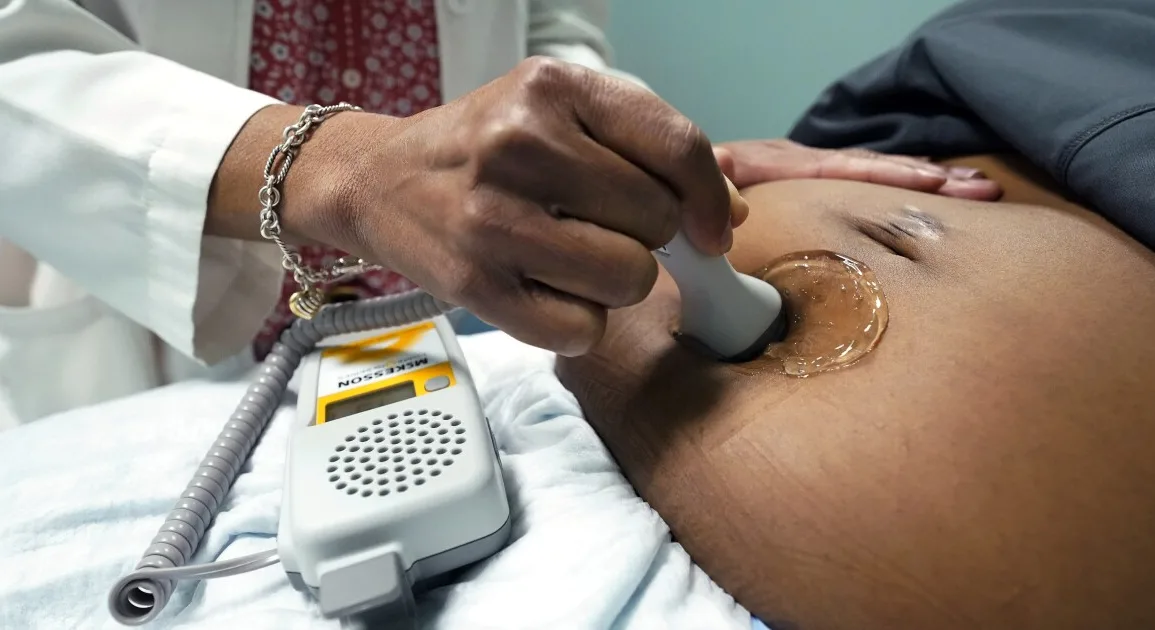TAMPA, Fla. — Black maternal health remains top of mind for advocates across Tampa Bay.
“Despite the conversations having been had, we do see that this disparity is widening and that the US maternal mortality is increasingly getting worse,” said Dr. Alyssa Brown.
Brown is an expert in this field. She oversees the University of South Florida’s obstetrics and gynecology residency program and Tampa General Hospital’s OBGYN department. Brown told ABC Action News she’s actively working to improve the inequities within healthcare.
She said these disparities have been persistent for decades.
“I think the most glaring or jarring example would be with Black maternal morbidity,” said Brown.
Each year in the United States, hundreds of people die during pregnancy or shortly after.
According to the CDC, Black women are three times more likely to die from pregnancy-related causes than white women. Many of the deaths are preventable.
“Up to 50% of someone’s health outcomes has to do with what we don’t think of as medical things,” said Brown.
Those include social or economic factors or the physical environment that someone lives in—known as the social determinants of health.
“We know that Black women and other women of color are traditionally marginalized communities in this country. And so those conditions that we see Black women working, living and raising their children in can contribute to poorer outcomes,” said Brown.
Recently, there’s been an increased effort across Tampa Bay to improve the statistics.
“We do know that the type of care that women receive may be different. Some of that may be due to lack of access, some of that may be due to implicit bias, some of it may be due to a historical distrust of the healthcare system. So it’s very layered, it’s very multi-factorial. There have to be very comprehensive strategies that address those social determinants of health if we’re ever going to move the needle,” said Brown.
Experts said that includes raising awareness, making sure we have a more diversified workforce in our hospitals, and improving access and resources, as well as addressing issues like food insecurity and affordable housing, which have a direct impact on maternal health and disproportionately affect Black women.
“There are a lot of grassroots efforts. There’s a lot of larger efforts that are happening,” said Brown.
While there’s still a lot of work to do, health officials said they’re hopeful for the future.
“There is a lot of good work happening. There are like-minded physicians like myself who dedicate a significant amount of their time to studying this and to improving the care that we deliver to Black women,” said Brown.
In the meantime, experts encourage people to advocate for their own health.
“The first thing is to know that most healthcare providers are actually in your corner. And I know when you look at the statistics, I think a lot of Black women can internalize that, and that can lead to fear and distrust of the system,” said Brown.
“I do think it’s helpful to know yourself, know your history, know what medical complications you have coming into pregnancy, know your medications, write those things down. And making sure that you feel that you walk away from your visit with a good understanding of what your care plan is and what the next steps are. And so part of that is getting with a provider that you trust so that you can build that relationship,” she added.



